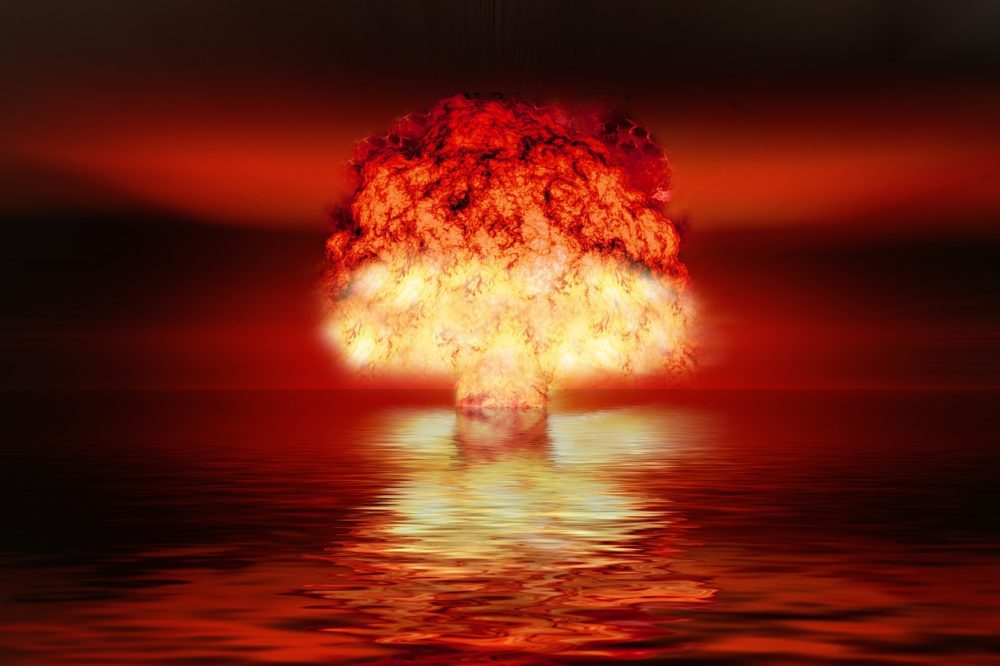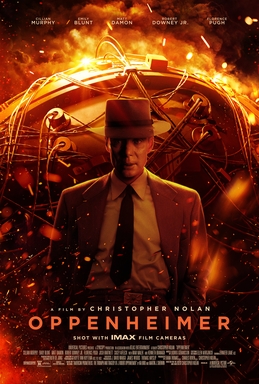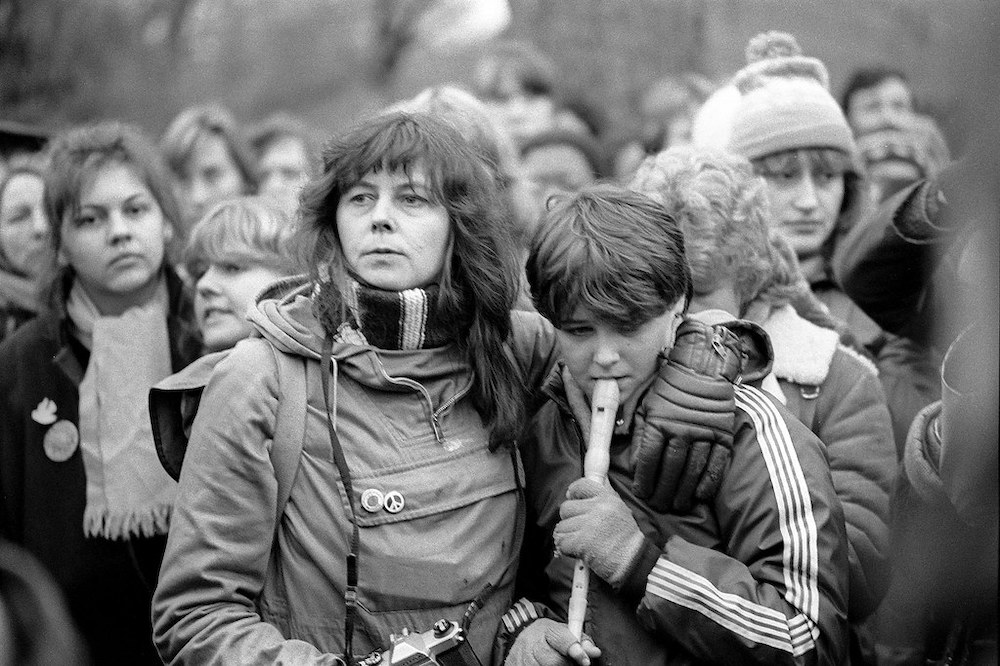Letter from 1982

David Hughes
The past is a foreign country: they do things differently there.
This opening line of LP Hartley’s novel The Go Between, has been very much on my mind for the last few weeks. It was in August that an old friend, Ioan Richard, sent me a copy of a forty-one year old poetry magazine to which he had contributed.
The magazine was Element Five, one of many such publications which emerged in the 70s and 80s – photocopied and circulated via friends – in the manner of the samizdat underground magazines appearing in the USSR at that time.
Element Five was published by Phil Maillard in Swansea in the early 1980s, and the list of contributors to this issue (no 2, dated May 1982) included writers whose names remain familiar today – Janet Dubé, Robert Minhinnick, Terry Hetherington and John Tripp.

Understated style
It was the contribution of the last mentioned that had intrigued Ioan. John Tripp’s poetry is remembered mainly for observations on Welsh history and his contemporary world. He wrote in a direct, unflamboyant style and some of his work, chronicling the early 80s and the social impact of Thatcherism on Wales is particularly well observed.
The same understated, often colloquial, style peppered with dry humour is evident in his Element Five poems. He had been writing about the threat of nuclear war for some years and brought these poems together under the title, The Road from Los Alamos.
Although he was an established poet with a number of collections to his name, it was only in this local magazine that these poems appeared.
Arrogance
The early 1980s saw a significant political shift in politics in the UK and the US where right wing leaders, Thatcher and Reagan had come to power.
They had a close relationship, maintained an aggressive approach to foreign policy for a decade and championed the further development of nuclear weapons as the best way to deal with the perceived threat of communism.
By the end of the 1980s however, the communist bloc countries collapsed. It was from this time that the anxieties felt about nuclear war seemed to wane. The Cold War was over, communism had lost.
The West took a triumphalist approach towards the former USSR – the long-term effect of that arrogance can be seen in the ongoing war between Ukraine and Russia.

Atom bomb
This summer has seen the release of the film Oppenheimer, an account of the work of the US physicist Robert Oppenheimer whose contribution was crucial to the development of the atom bomb.
The subject of this film reminded many of us of the genuine fear that was widely felt during the Cold War, but particularly during the 1980s.
In light of the media hype surrounding Oppenheimer, Ioan wondered if there might be a publisher out there willing to republish John’s work for a wider present day readership. It was considering this notion that kept me coming back to Hartley’s line about the past.
Yes, many things are different today from 1982 and also, conversely, there are some disturbing similarities. But peoples overriding ‘political’ concerns have changed. We now have more countries with nuclear capabilities than in 1982, including some less than stable states – where then are the campaigns against nuclear weapons today?
The Campaign for Nuclear Disarmament (CND) was very active from the 1950s and in 1983 there was a demonstration in London with an estimated 300,000 attending.
In 1981, following the government’s decision to allow US Cruise missiles to be deployed in the UK, a group of Welsh women walked to Greenham and set up the peace camp. In December 1983 50,000 joined in a protest there.

Existential threat
The world felt a very unsafe place in which the slightest diplomatic/military error could lead to widespread nuclear destruction – the Iran/Iraq war was to last most of the 80s, the USSR was in the middle of a 9 year war with Afghanistan, there was civil war in Lebanon and the US was conducting proxy wars in central America and the Caribbean.
It seemed that all that could be done was march and demonstrate to let our leaders know the strength of our feelings.
Today however despite the unpredictable dictatorships in Russia, North Korea, China and Iran (to say nothing of the possibility of the return of Trump to the White House), the existential threat at present is clearly perceived to be the damage we continue to do to the environment and its inevitable impact on later generations and indeed the very survival of the human race and all other forms of life on planet Earth.
A particular irony this, in that the devastation of a major nuclear war would within seconds fatally accelerate global warming and pollution.
Bikinis
There are nineteen poems in John Tripp’s sequence which range from the grim humour of a conversation with a girl wearing a bikini (the Bikini Atoll in the Pacific was the location of US nuclear testing from 1946 to 1958) to reflections on the imminence and horror of a nuclear attack.
The first page however is given over to quotations including one from Einstein: ‘If I knew what was going to happen, I’d have been a plumber’ and another from Oppenheimer (quoting from Hindu scripture, the Bhagavad Gita): ‘I am become Death, the destroyer of worlds.’
Visits to warships and submarines, a serious accident at a US air force base in East Anglia are described in the poems as are the military personnel with their alarming confidence and certainties: The General with a Fast Car ‘He worried me because he had no doubts.’
But perhaps the most effective poems are those in a lower key. Confrontation describes a public debate on nuclear weapons.
‘The chairman was a fool: /“let us keep emotion/Out of this complex issue”
As if the world’s premature funeral/Was only a topic for the intellect.‘
A conversation amongst friends in Blinkers turns to the nuclear threat ‘”It’s such a lovely day/Let’s not think about death”/She was absolutely right of course./The sun was high, the sky was blue./Or was she. It had been /August in Hiroshima too.’
The last poem ‘End?’ has echoes of the Raymond Briggs book When the Wind Blows in its mundane, domestic setting. A couple in Norwich are having their evening drink when they hear an unusual number of planes in the air – ‘There must be something on’ ‘Do you want cocoa or tea dear?’ and then ‘a drumming and thundering of ten Hiroshimas/into the last engulfing mushroom/gone forever and forever amen’.
Potential horror
For those of us who remember the 1980s John Tripp’s poems are a powerful reminder of the fear that existed about nuclear war.
I am sure that later generations are aware of the potential horrors of such a conflict but perhaps the advent of social media and the speed with which information (and disinformation) can be shared has helped change our focus and priorities.
Environmental issues are reported daily and there continue to be regular demonstrations at a local and national level.
It is also possible for us as individuals to make some sort of contribution however feeble – we recycle, plant trees, try to avoid too much driving or flying. There is nothing comparable in the face of nuclear war.
To return to my preoccupation with the Hartley quote, I suspect that if John Tripp had been writing about global warming, pollution and the environment then the past would not have been such a different country. For CND read Friends of the Earth, Greenpeace and Extinction Rebellion.
David Hughes is a Swansea-based poet whose most recent collection is Working Out, published by Parthian.
Support our Nation today
For the price of a cup of coffee a month you can help us create an independent, not-for-profit, national news service for the people of Wales, by the people of Wales.




